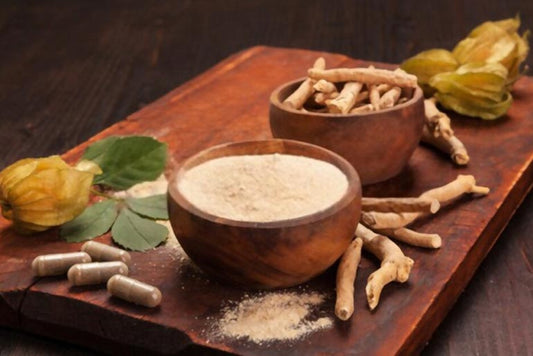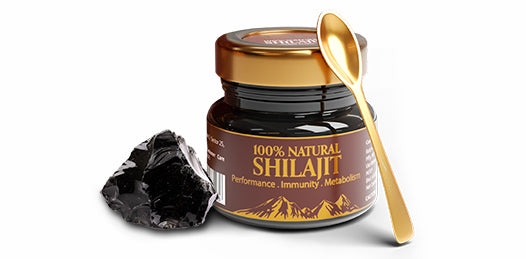Your skincare regimen should be as exclusive as you are. Cleansing, toning and moisturising is one that everyone follows. But one product that frequently goes unmentioned but is a powerful source of nutrition and hydration for your skin: Facial Serum.

Highlights:
What is Serum?
Serums are translucent, gel-based or liquid in their most potent form. They are skincare solutions with significant concentrations of many active components, including vitamins, peptides, and acids.

The market is flooded with great serums, making it difficult for users to make the right choice. To assist you, our Ayurvedic Expert, Dr Nikhita Shere, will guide you to choose the best serum for your skin till you restock your skincare for the next time.
Factors to be Considered While Opting for a Face Serum
Skin Concern
When selecting a serum, check your skin concerns and verify if it addresses them. Different serums may have various benefits, but when misused may not give you the desired results.
- Vitamin C: Lightens pigmentation and dark spots and brightens the complexion
- Hyaluronic Acid: Hydrates the skin
- Vitamin E: Strengthens and repairs the skin
- Retinoids: Boosts collagen and uplifts the skin
- Niacin: Improves skin cell turnover and smoothens fine lines & acne scars.
Therefore, choose serum as per the concern that you’re looking to address.
What Ingredients are Used?

Always look at the label; all products mention the ingredients and their product-specific utility. A product’s suitability can be decided by ensuring the herbs and actives used meet the required skincare concerns and comfort of the individual. Even natural skin care products may have natural preservatives to increase the shelf life and add convenience to the consumers, so decisions shall be made accordingly.
Quantity

Since serums are a product in concentrated form, using the correct quantity is essential to ensure that it helps address skin concerns efficiently. Using too little or too much may both be futile! Generally, 3-4 drops of water-based serums and 2-3 drops of oil-based serums are sufficient for the face and neck.
Concentration
The strength of the serum is a crucial factor in determining its function of the serum. If you are a beginner with serums, make sure to start with a low concentration of actives and mild ingredients and take the advice of an expert for the best results.
Duration
Every serum has a specific recommended time of application. As a thumb rule, when applying serums during the day, make sure first to cleanse and tone your skin, post which serum must be followed with a moisturiser and, finally sunscreen is a must.
The timeline for Hyaluronic acid is 2-3 weeks until difference and 2-3 months until visible results, Vitamin C is 4-6 weeks until difference and 3-4 months until results, while Retinol takes around 8-10 weeks to show a difference in skin.












